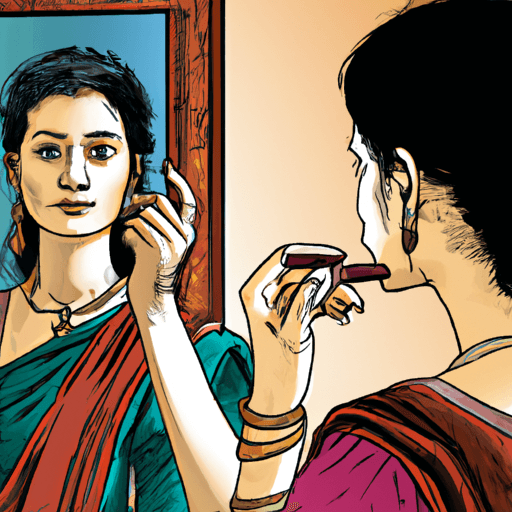The Influence of Ancient Beauty Rituals on Modern Personal Care Practices
The connection between ancient beauty rituals and modern personal care practices is profound and undeniably significant. These age-old rituals continue to inspire and shape present-day routines, incorporating organic and natural ingredients, much like their ancient forebears. This article will explore the influence of cultures such as Egypt, Greece, China, and India, providing revealing insights into their distinctive beauty practices.
Egypt
In ancient Egyptian culture, beauty was not just an aesthetic preoccupation, but a sign of holiness. One of their most significant contributions was the concept of skincare. They used various natural ingredients like honey, milk, and essential oils - components that are predominantly used in skincare today. Scientific analysis verified the efficiency of these elements in maintaining radiant and youthful skin.
Greece
The Greeks were renowned for their pursuit of beauty and perfection. Olive oil, widely used in their beauty routines, remains a popular moisturizer today due to its hydrating properties and antioxidants. Moreover, substances like clay were used for detoxifying and cleansing, a concept prevailing in today's masks and beauty treatments.
China
The Chinese beauty philosophy is about achieving balance and harmony. This perspective led to the development of potent herbal remedies, facial massages, and acupressure. These practices have found validation from modern scientific researches, paving the way for holistic skincare, where mental wellbeing and physical beauty coincide.
India
India's Ayurvedic beauty practices are some of the most ancient and have a profound influence on the modern beauty industry. Indian beauty rituals involved elements like turmeric, neem, and aloe vera, which have been incorporated into contemporary beauty products. These ingredients have been scientifically recognized for their natural healing and nurturing properties.
The Enduring Appeal
Ancient beauty rituals have endured due to their effectiveness and their connection with nature. Additionally, they play a significant role in self-care and wellness, making them appealing in our fast-paced, modern world. Furthermore, the increasing trend towards organic and 'clean' beauty products has also revived the fascination with these early beauty practices.
Conclusion
In conclusion, the tactics adopted by our forebears were born out of necessity, intuition, and respect for nature. Today's beauty industry builds and expands upon their foundational knowledge. Undoubtedly, the ancient world has left a lasting imprint on the current beauty and personal care sector.

















Comments
Leave a Comment